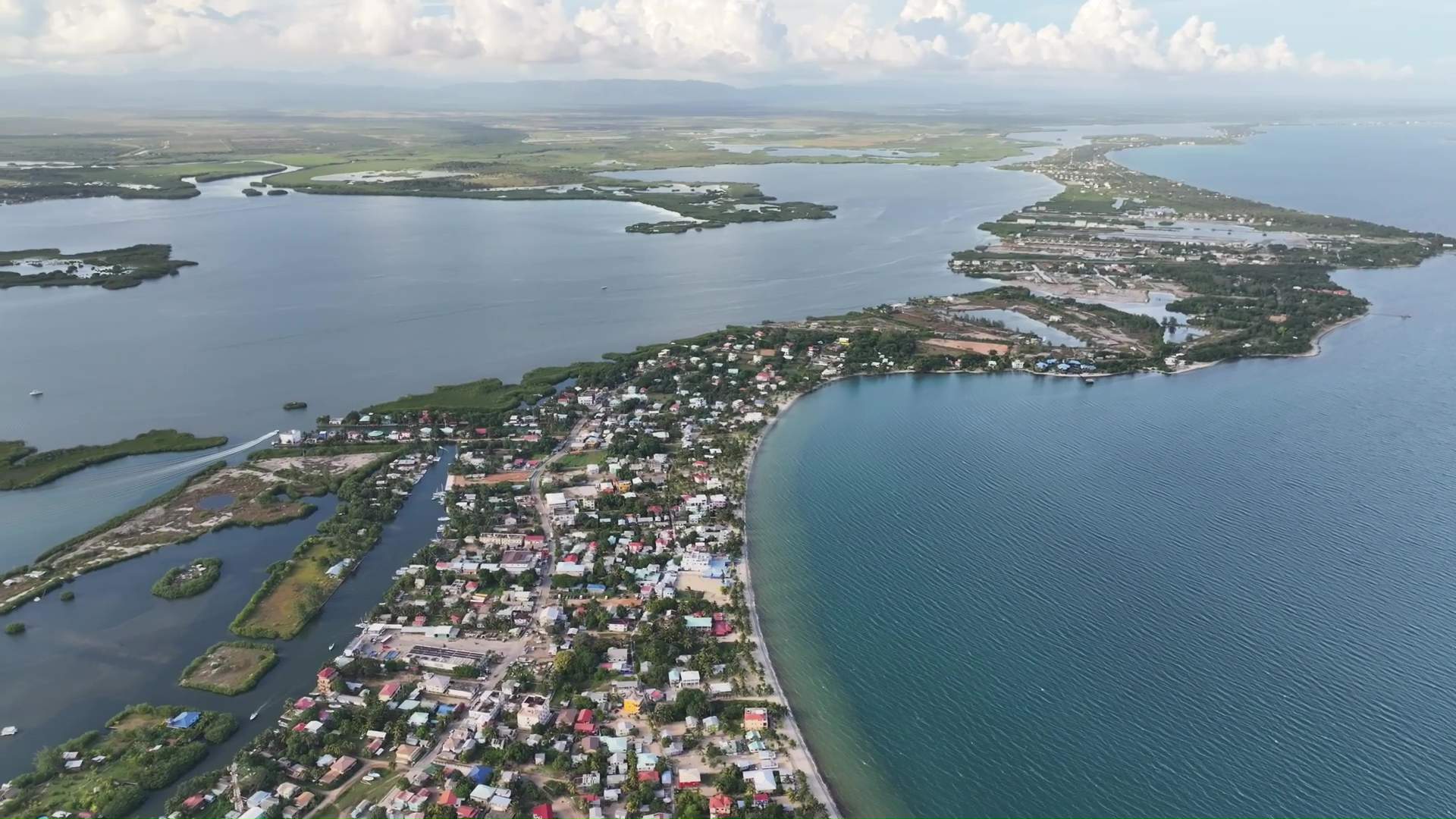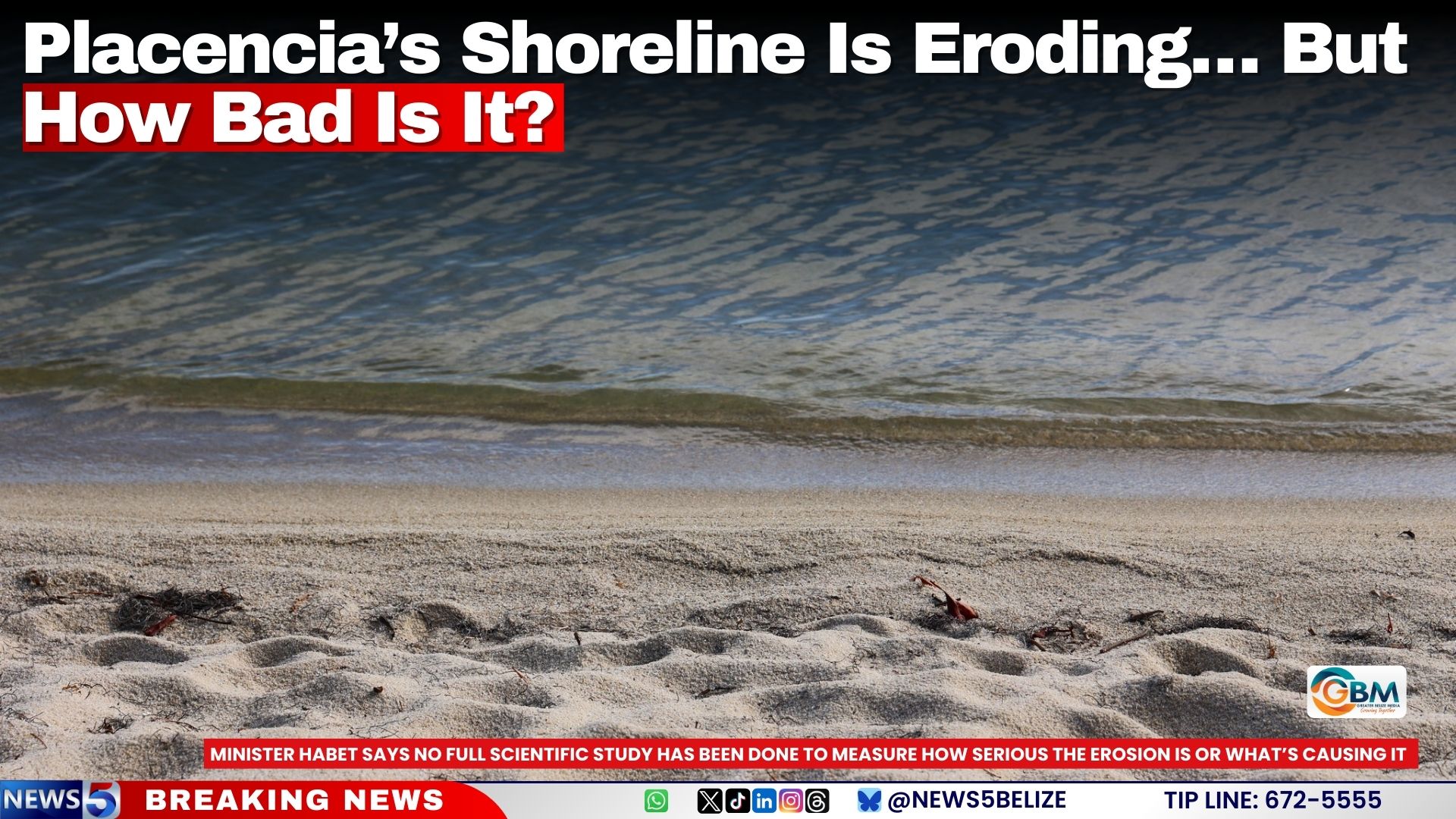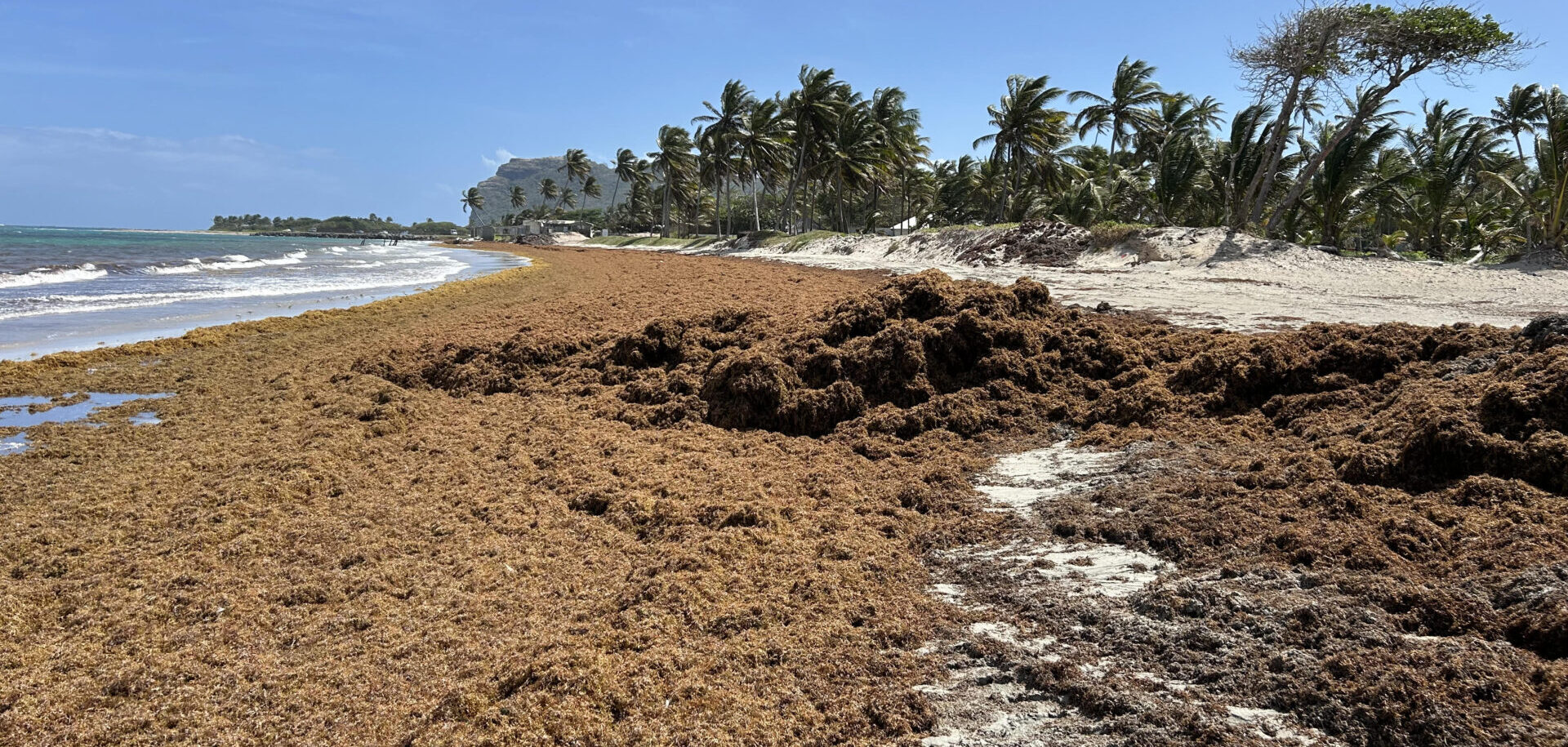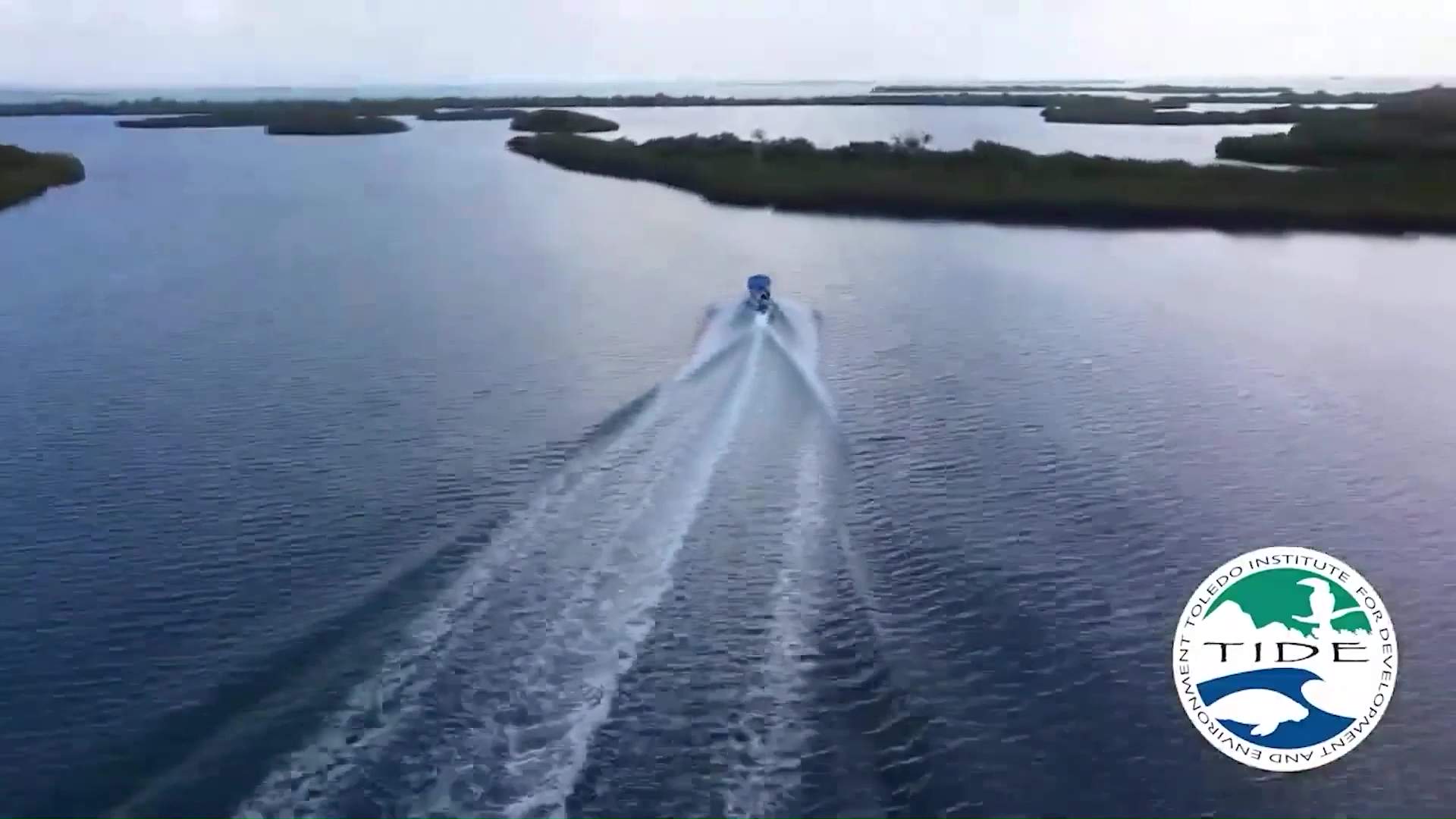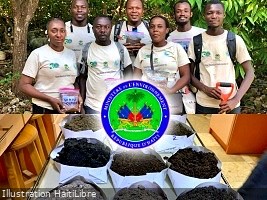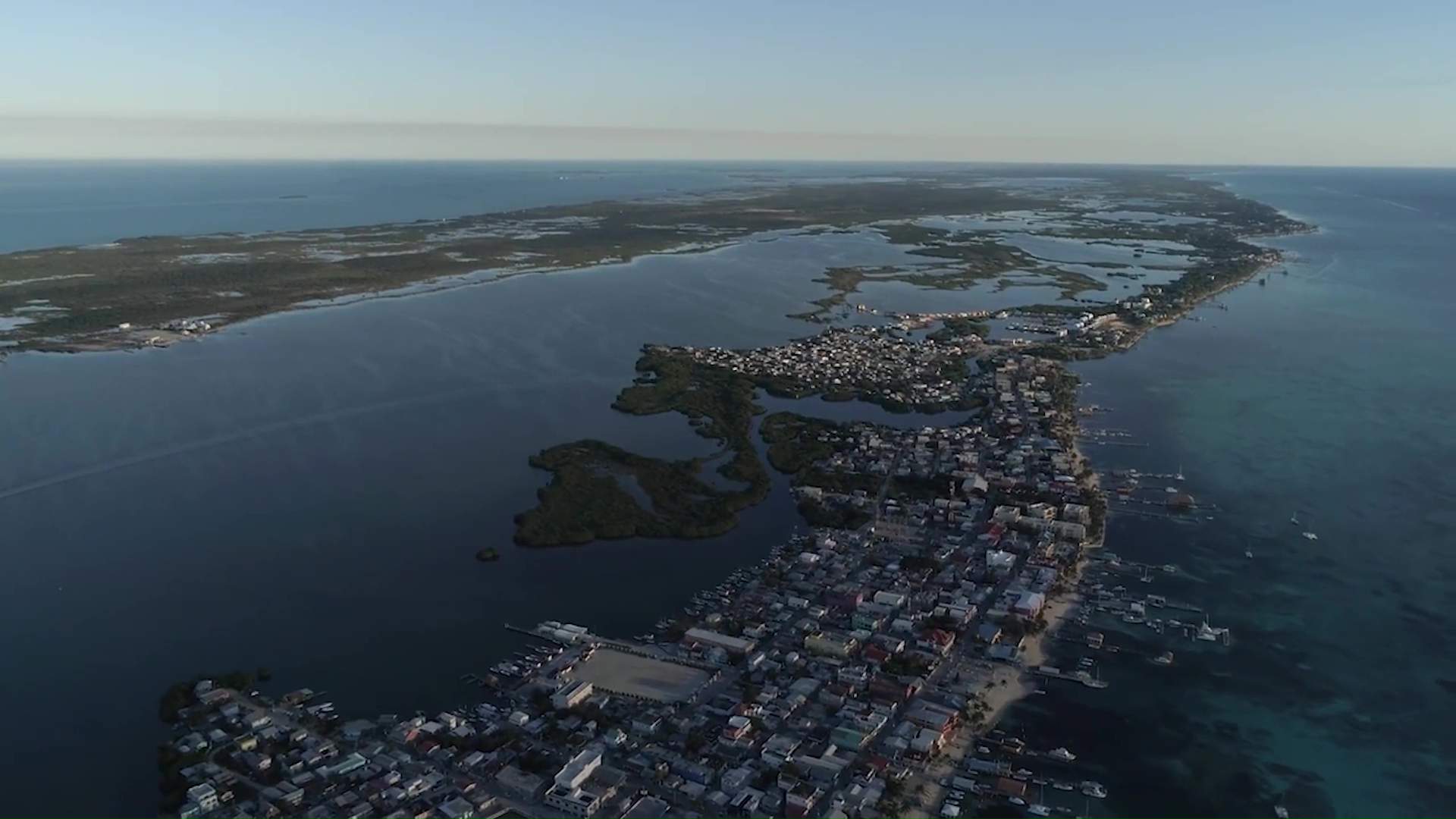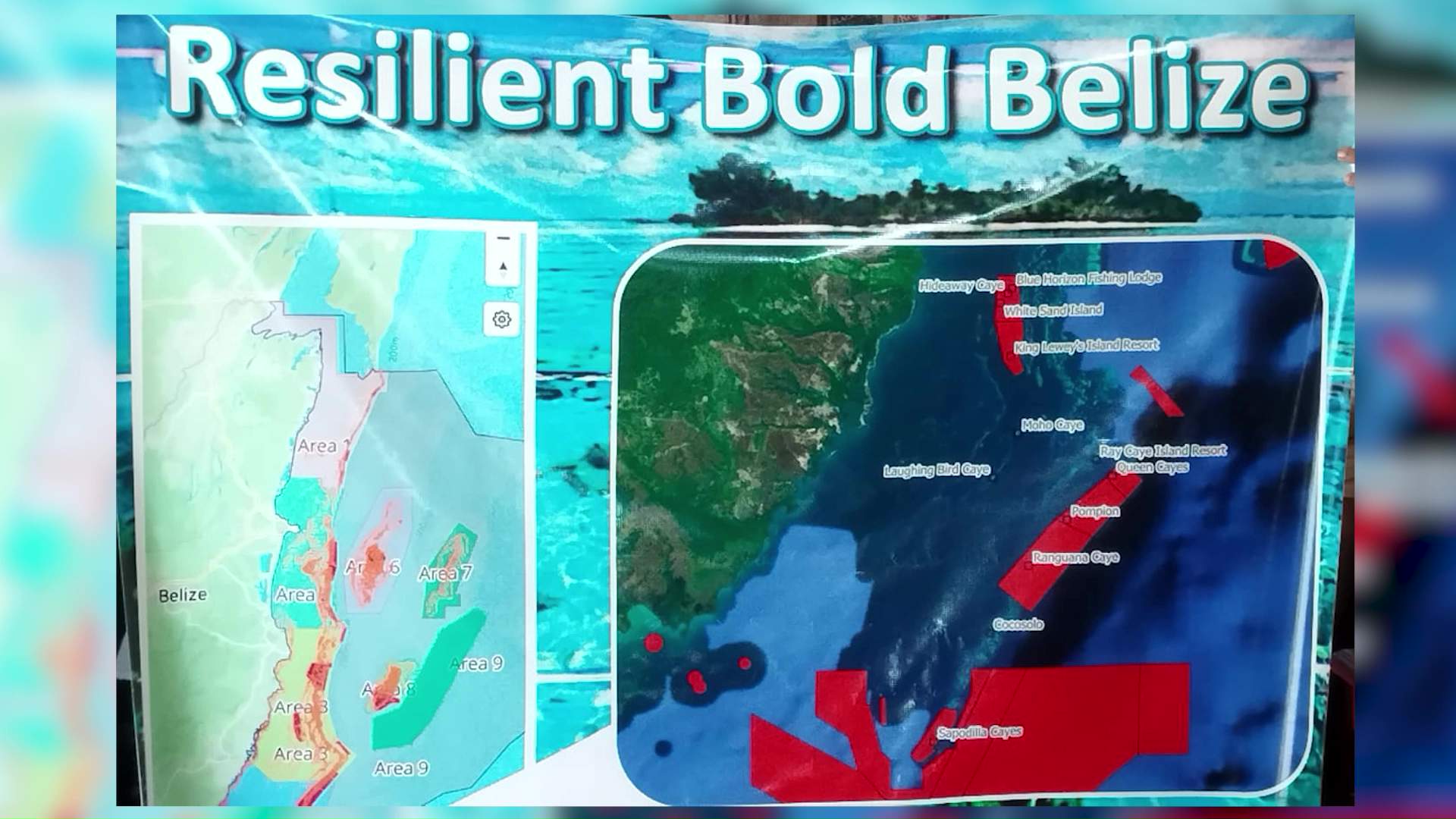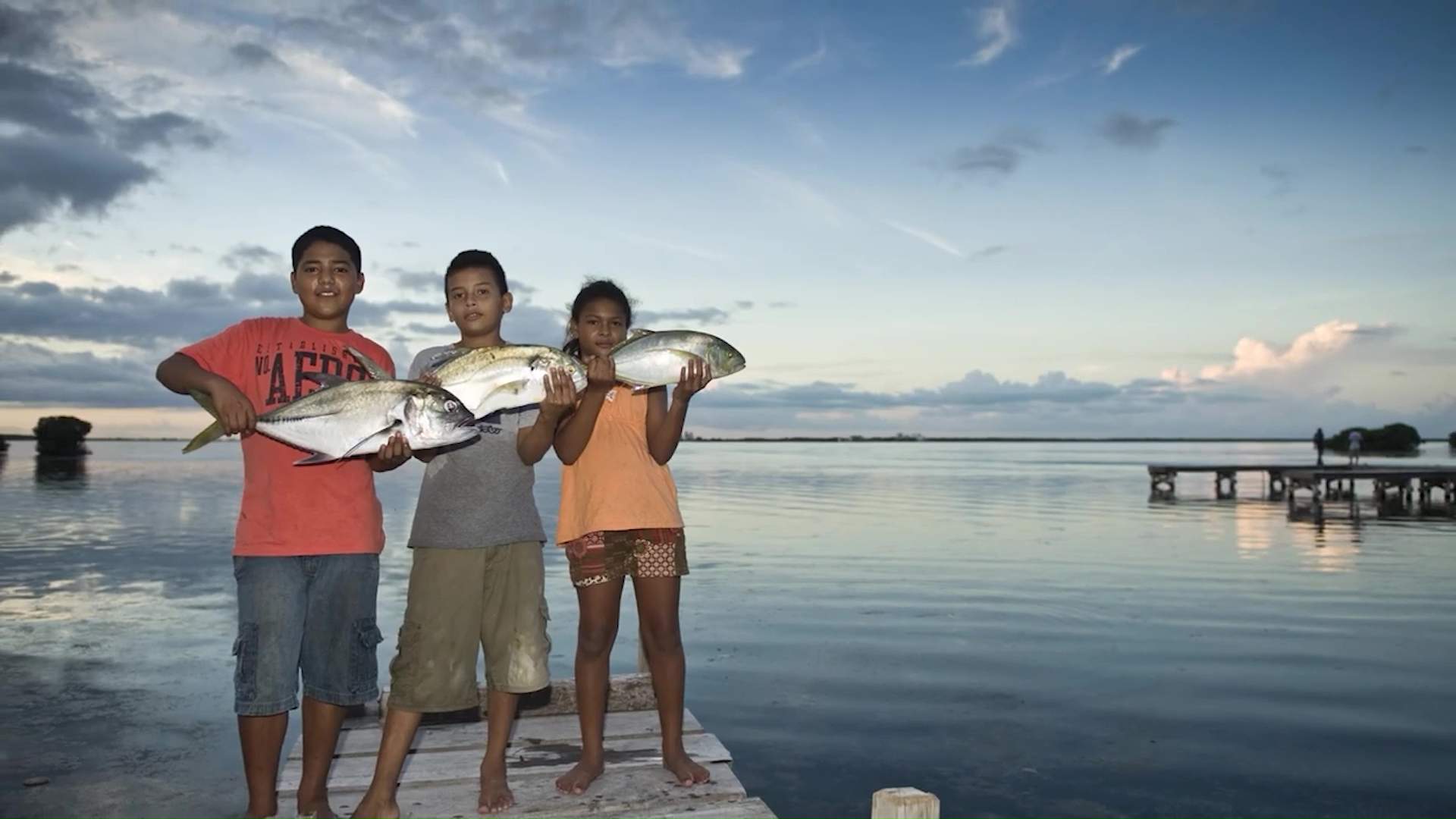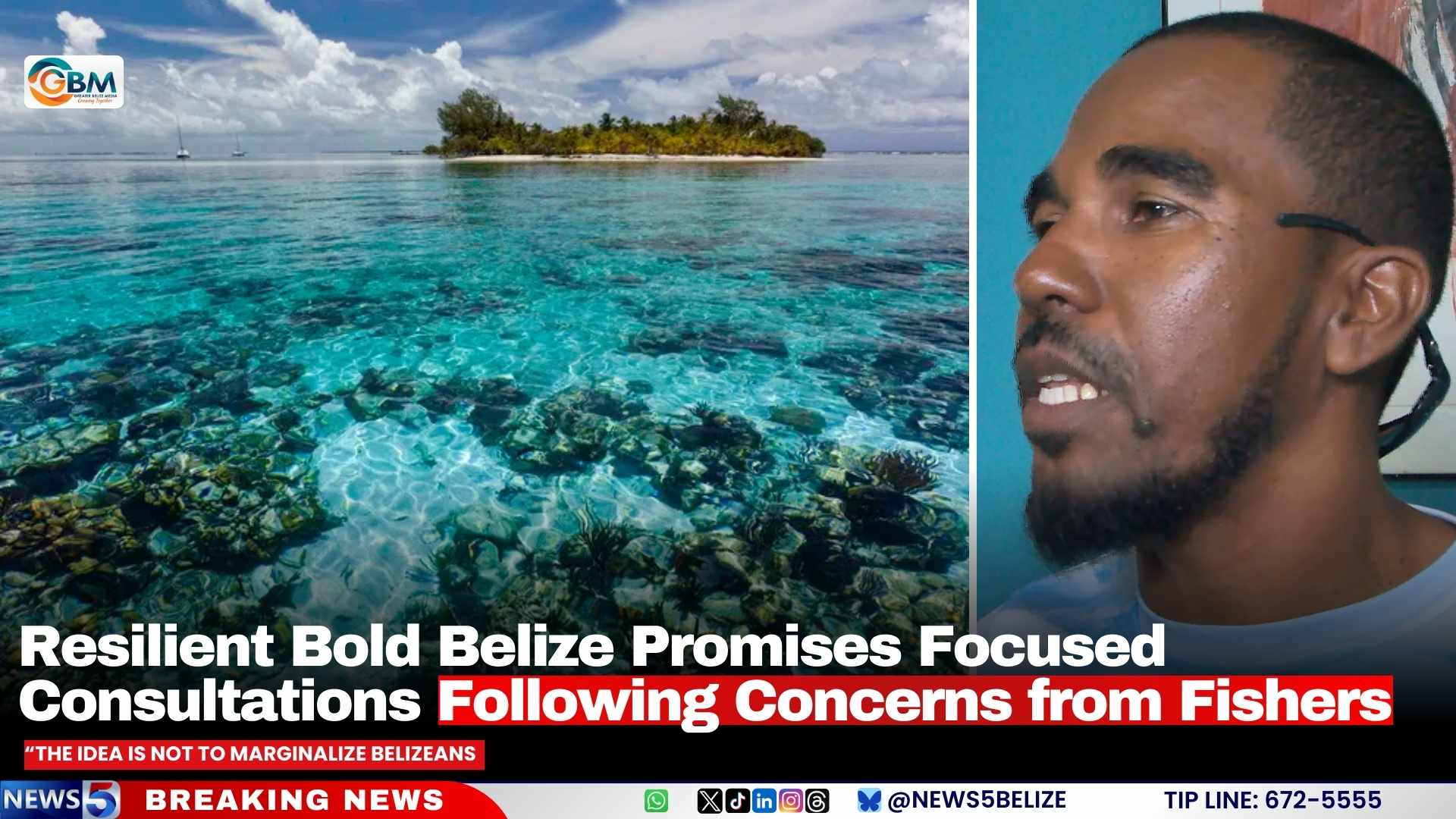The picturesque Placencia Peninsula in Belize faces an escalating environmental emergency as accelerated coastal erosion jeopardizes homes, businesses, and the region’s economic foundation. This Caribbean community, renowned for its stunning beaches and vibrant tourism industry, now confronts a reality where each high tide brings properties perilously closer to the advancing waters.
Minister of Sustainable Development Orlando Habet addressed the severity of the situation, emphasizing the multifaceted crisis: “Residents have witnessed firsthand the loss of beaches, collapsing shoreline, saltwater intrusion, and threats to homes, tourism facilities, and livelihoods. This erosion is reshaping not only our coastline but also affecting social wellbeing, economic stability, and community safety.”
The Belize Department of Environment has initiated a comprehensive scientific partnership to diagnose the erosion causes and develop sustainable solutions. This collaborative effort brings together government agencies, the Placencia Village Council, and academic experts from the University of South Florida, who have been conducting long-term research through the Strong Coasts initiative.
Dr. Maya Trotz, leading the University of South Florida research team, noted the unexpected severity of Placencia’s erosion compared to other studied areas: “We were initially focused on environments like Caye Caulker that faced different erosion dynamics. The peninsula’s situation has revealed complex, multifaceted challenges requiring specialized attention.”
The forthcoming study will employ advanced topographic, hydrographic, and bathymetric surveys spanning from Riversdale to Placencia, analyzing sediment composition from beaches, rivers, and offshore areas. This scientific approach aims to move beyond theoretical assessment toward practical, engineering-based solutions that balance environmental preservation with community protection.
Warren Garbutt, Chairman of the Placencia Village Council, expressed cautious optimism: “This initiative brings hope for sustainable solutions that can preserve our coastline’s integrity while safeguarding the natural beauty that defines our peninsula for future generations.” The project represents a critical test of Belize’s ability to harmonize economic development with climate resilience in an era of increasing environmental uncertainty.
